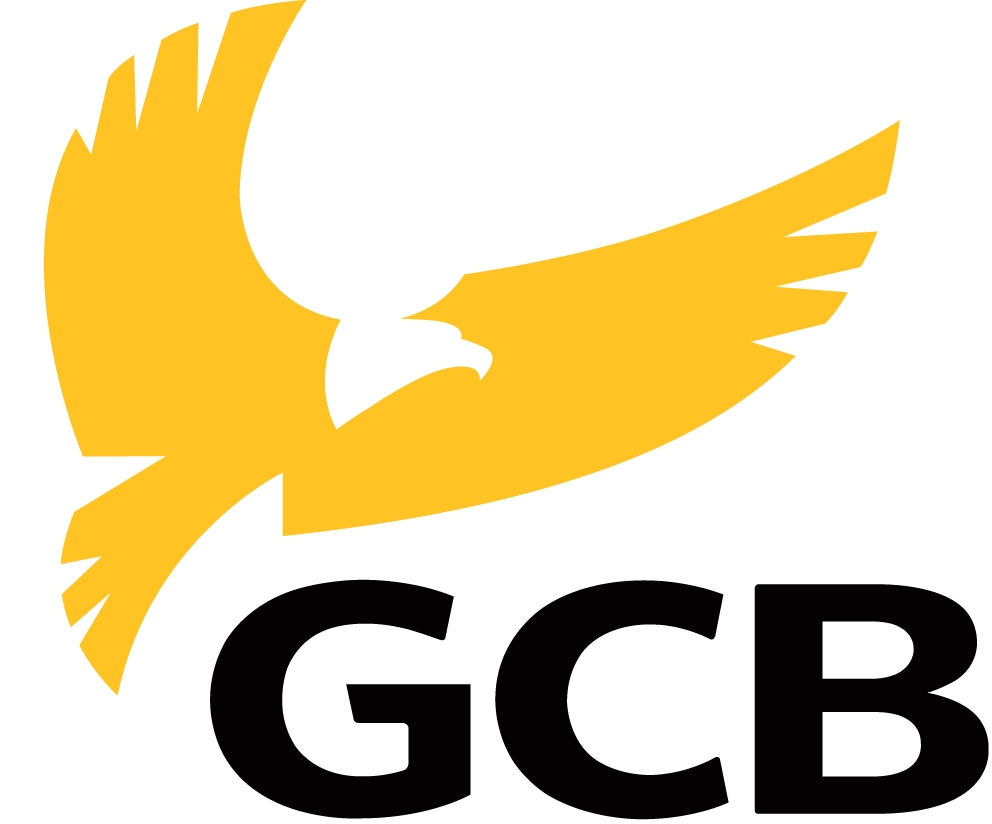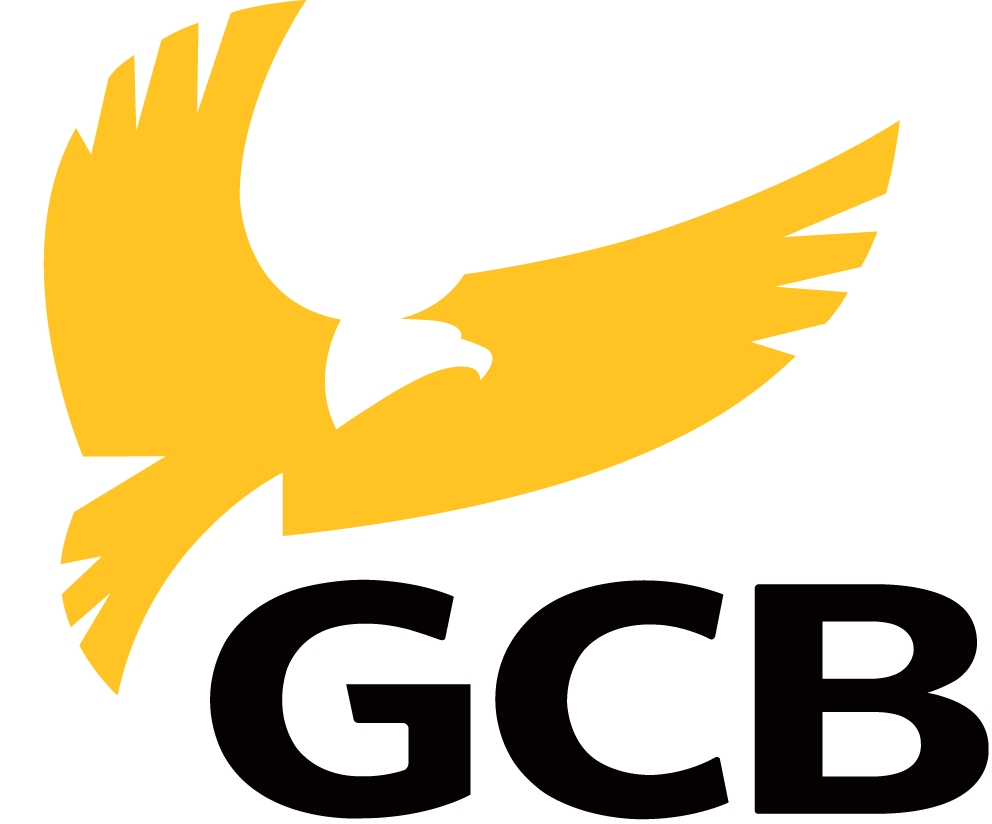
Trust in business leadership is at historic lows, according to surveys by Edelman and the World Economic Forum. One reason might be what INSEAD professors Gianpiero and Jennifer Petriglieri call the “dehumanization of leadership”— that is, our tendency to think of leaders as either instrumental (pursuing a particular business goal) or heroic (pursuing a unique vision). In short, we want super-machines or super-humans, or both, at the top of our organizations, and many CEOs strive to meet those expectations. They’ve been trained to hide vulnerabilities, to plan and stay the course, to minimize risk, and to be consistent, level-headed, and in complete control at all times. Inevitably, however, they fall short.
It’s therefore time for a different approach — one that allows leaders to fully acknowledge their humanity, thereby winning both the trust and respect of followers. This may seem like conventional wisdom, but it’s still not easy for leaders to do. Here are three specific suggestions:
Get emotional. The marriage researcher John M. Gottman has long contended that small moments of attachment and intimacy are vital to a healthy relationship. This is true in business, too. More than purpose or perks, employees value heartfelt moments of connection that meet their needs as social beings. I’ve forgotten many interactions with former bosses, but I will always remember the time that one of them began to cry in my presence during a time of immense investor pressure. That moment of vulnerability cemented my loyalty to him. Yes, you’re probably comfortable showing happiness or excitement. But, when it’s called for, you can also show disappointment, worry, and anger.
Be whimsical. Guy Laliberté, the CEO of Cirque de Soleil, once hired a clown to follow him around and mimic his mannerisms. Mark Bertolini, the CEO of Aetna, became an avid practitioner of meditation and yoga after a near-death experience and subsequently launched free classes for all employees. Wired recently described Microsoft CEO Satya Nadella’s leadership style as “warm, fuzzy, and slightly bonkers.” For him, and other future leaders, that should be a compliment. By exposing their idiosyncrasies, passions, and whims, bosses can make themselves more human. Consider what aspects of your life or personality might surprise or delight your employees and share that side of yourself.
Express doubt. Smart leaders know there is more than one right answer, and once they commit to a decision, they aren’t afraid to revisit and change it if necessary. Futurist Paul Saffo’s mantra is “strong opinions, weakly held” and it’s one that managers should also adopt, especially if they are trying to navigate complex and uncertain situations. Based on its recent CEO survey, strategy firm Wolff Olins concluded: “Employees, more than ever, are individualists. Leaders, in response, are learning to be less the visionary, less the sage, less the objective-setter, and more the shaper, the connector, the questioner.” So express doubt, ask for contrarian options, and be willing to change your mind, several times if necessary.
We might think we want our leaders to be machines or heroes. But it’s impossible to trust a person who is always rational, serious, and in control. If you’re a boss, have the courage to present yourself as a more complex being: as a sinner, not a saint; a fragile identity, not a robust platform; a lively question-mark, not a dead-certain exclamation point.
Source: HBR




